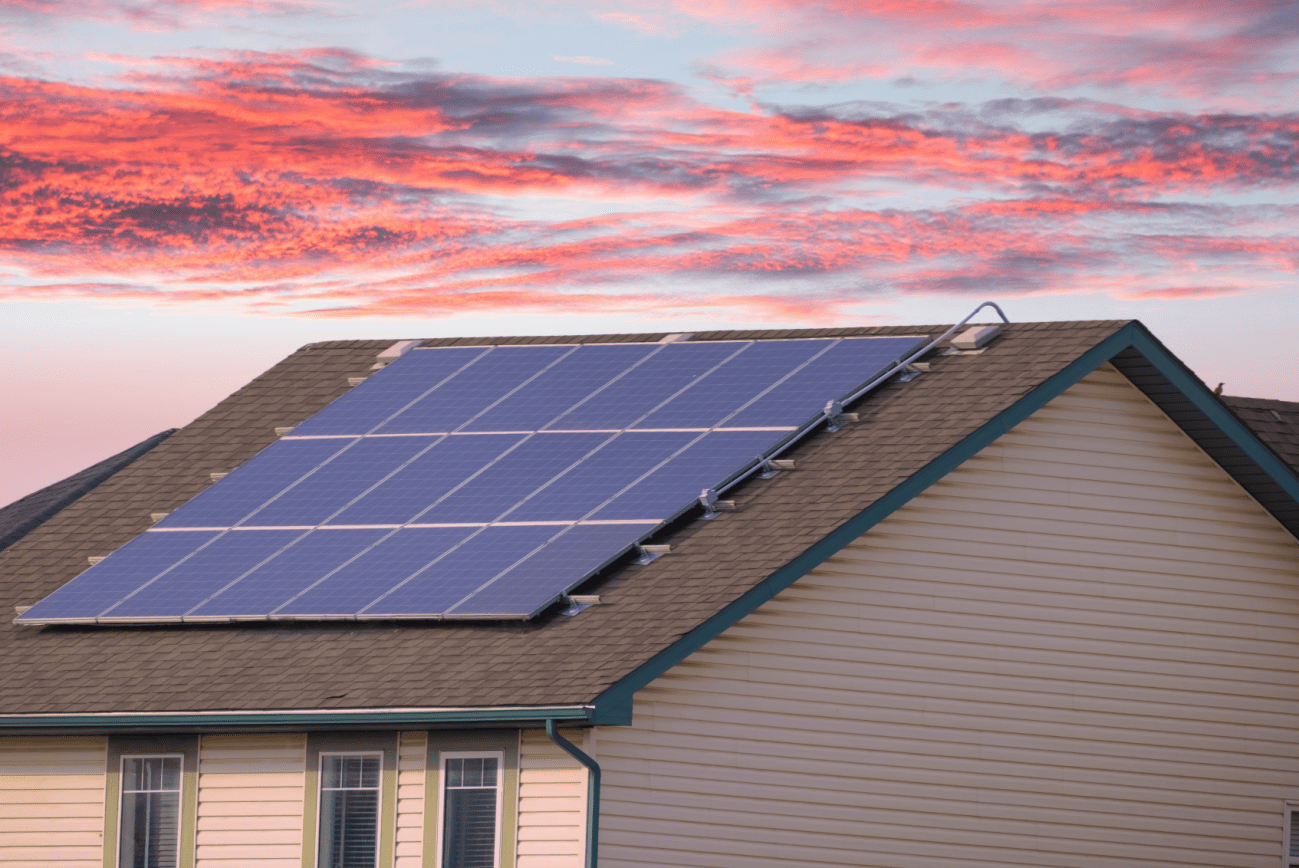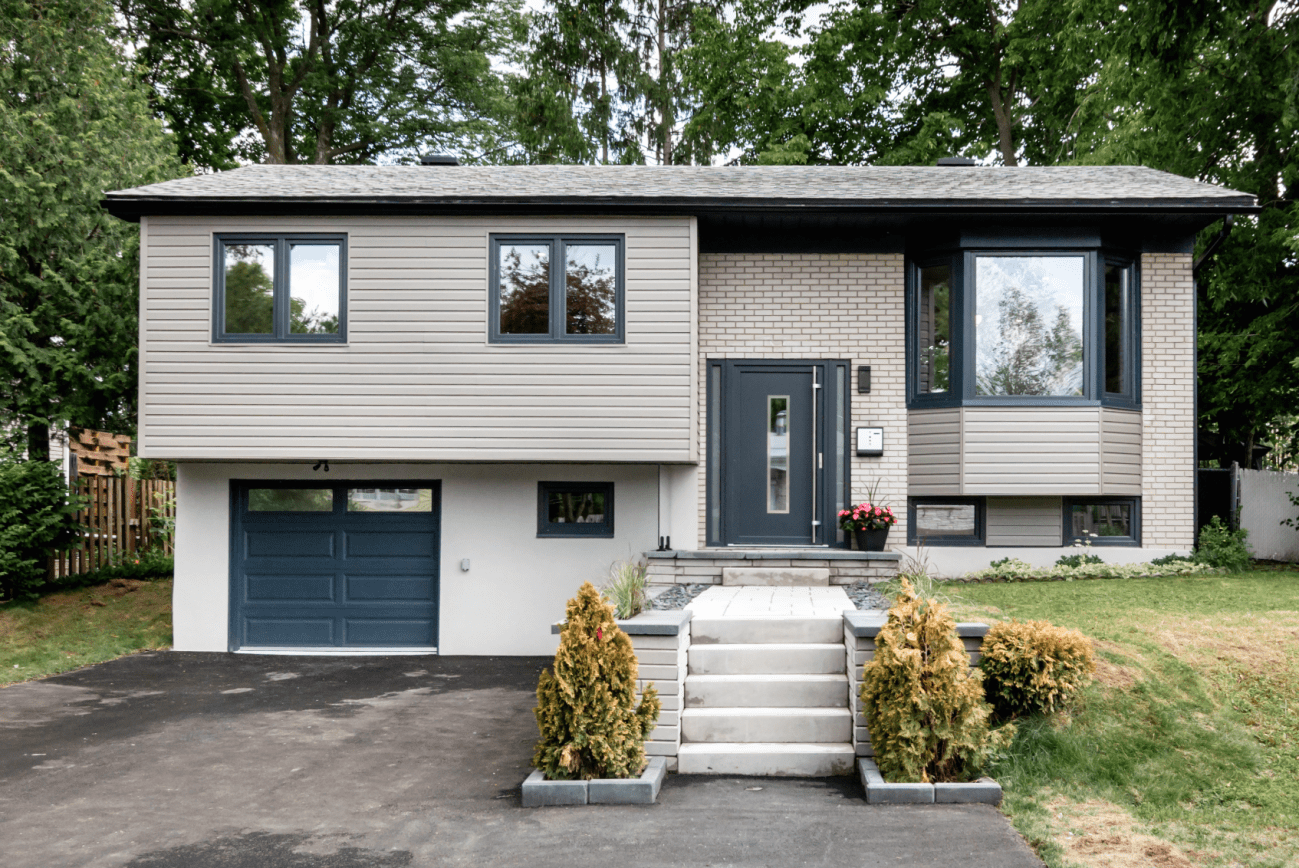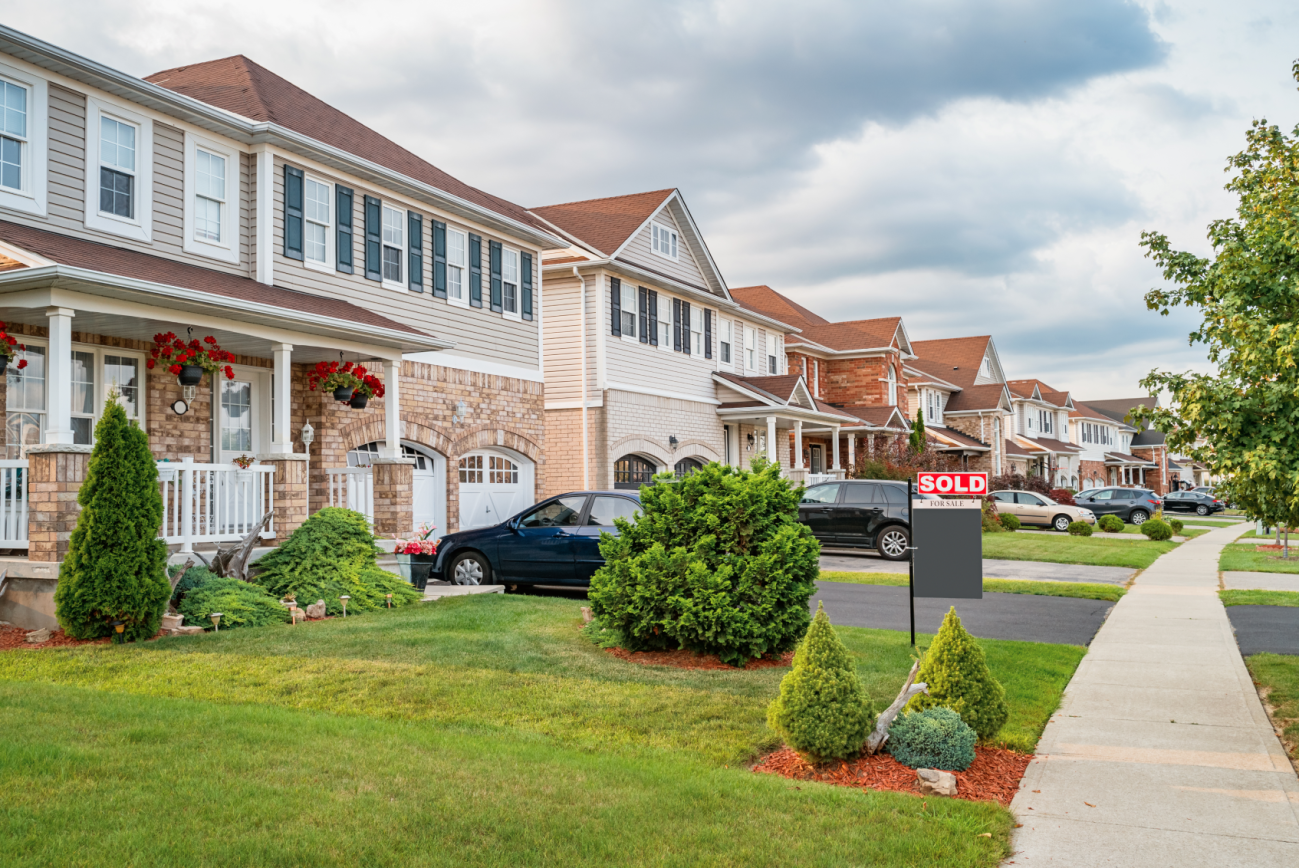Picture this: you’ve found the right home, your offer is accepted, and now you’re about to close the deal. Congratulations! This is a momentous milestone to celebrate, especially as a first-time homebuyer. The closing process does involve many moving parts, so being prepared is key. Use this easy homebuyer’s closing checklist to simplify the steps so you can confidently close and finally get your hands on the keys.
What happens when closing on a home?
Once your offer is accepted, your realtor will send closing documents to the mortgage broker or seller, including purchase and sale contracts and associated documents. Soon after, you’ll need to finalize and sign legal documents with your lawyer, pay the agreed-upon amount, including closing costs and fees, arrange for home insurance, do a final walk-through, and go through a checklist to set up everything you’ll need for your new home. The closing checklist below clarifies all of these steps in detail so that you can close with confidence.
Arrange conditions and contingencies
In order to finalize the sale of your new home, you’ll need to handle various conditions and contingencies. These may include home inspections, financing contingencies, and appraisals to verify the home’s value. Talk to your real estate agent to ensure you’ve accounted for all of the contingencies that apply.
Home inspection contingencies give the buyer a right to have the home professionally reviewed and inspected with a full report.
Appraisal contingencies assess and verify market value to ensure you’re paying a fair price for your home.
Financing contingencies rely on the ability to collect your mortgage approval.
Each contract and home purchase relies on different contingencies, so get well acquainted with the conditions and contingencies on the home you’re purchasing so you can review them properly before closing.
Get organized for move-in day
- Establish your move-in date. This date is typically set several weeks before the property official changes hands, and keys are often collected by 5 pm the night before the property is officially yours.
- Finalize property insurance. You’ll want to arrange home insurance for your new home at least two weeks before you close so you can send the policy details to your lawyer before closing.
- If you’re renting, give your landlord notice and secure move-out information. It’s easy to forget about the required notice when you’re excited about a new home. Make sure you tie up loose ends, so you’re not paying double.
- Sort out utilities and identify how you’ll be transferring electric, gas, water, and wifi for your home. Sorting these things out weeks in advance can help make your transition smoother and ensures all you need to do on move-in day is unpack boxes and settle in. Plan ahead so you can enjoy a warm meal and take a hot shower the day you move in.
- Make your address change official. Once you’ve closed the deal, notify banks, insurance companies, government institutions, and Canada Post mail routing of your new address change. Make sure you change the address on your driver’s license or health cards within 60 days of moving, or you might be charged.
- If you’re moving into a condominium, get your lawyer to review all condo rules, by-laws, and community regulations before signing. Ensure that your payments for fees are set up in advance with the management office.
- Cancel any contracted services at your current residence, like gardeners, dry cleaning, lawn maintenance, or other contracted services.
- Change addresses on gym memberships or magazine subscriptions.
- If you own your present home, honour maintenance requirements and contractual obligations. Refill your oil tank, shovel the steps, mow the lawn, and ensure all the agreed-upon maintenance requirements are fulfilled.
Finalize your mortgage approval and financials
You’ve been pre-qualified or pre-approved for your mortgage. Many mortgage approvals are done virtually, so this step may be as simple as submitting an electronic signature once your lender confirms the numbers and presents you with an agreement. Still, this step finalizes your approval by ensuring that all the information you shared in the qualification process was accurate and that the loan is still appropriate for your current financial portfolio and situation. At this final stage of the closing checklist, you’ll want to avoid anything that could compromise a good credit score, including making large purchases that need to be financed.
When you arrange to review and sign your closing documents with your lawyer, you’ll also need to deliver the total money amounts due for closing. Verify that these funds should be made out to your lawyer and clarify mortgage payments, closing costs, property taxes, and other fees.
Do a final walk-through
Your final walk-through is your last opportunity to check the property’s condition and address any last-minute concerns. Part of the closing process is arranging your pre-closing visit. Most walk-throughs occur as close to the closing date as possible and when the seller has already moved out. Ensure that any appliances promised to you are still in the house and that nothing unfavourable is left behind. The property should be in the same condition it was in when you first decided to make an offer. Most contracts include a clause that gives you the right to make this visit before finalizing the sale.
Use the walk-through to inform your plans for the property
While you’re in your new place, you may want to measure doors, windows, and appliances for planning and decorating purposes. These measurements are helpful with move-in needs like buying curtains or thinking of where your furniture is going in the new space. Take photos or videos of each room to reference as you get inspired for your new space. With current supply chain shortages, some appliances or renovations may take longer than usual, so ordering and planning ahead of time can save you a headache down the line.
Know the facts
Don’t be shy to ask questions and double-check details with the seller or real estate representative.
- Gather information about move-in dates, and details to transfer utility accounts to your name. Additionally, ensure that the previous owners have taken care of any promised renovations, upgrades, or fixes.
- Ask your real estate agent about a title search or title review to verify all the legal documents connected to your property. This will help you verify that there aren’t any legal issues or deficiencies filed in connection to your new home.
- Have your lawyer review all the documents before you sign and ask questions to make sure each legal document makes sense to you.
Prepare your closing documents
In this final step, you’ll need to gather all of the paperwork you’ve signed, collected, or filed during the process of buying your home. This paperwork may include mortgage documents, a record of the title search, insurance paperwork, information for your mortgage broker, and suitable picture identification; you’ll often need two forms of verifiable ID.
How can I plan financially for closing on a home?
Budgeting wisely can make closing on your home a comfortable process. By getting a bird’s-eye view of the costs and expenses you’ll likely see when closing, you can get prepared to make sure you’re not in the red.
How much are closing costs?
Closing costs vary based on the property you’re purchasing and the nuances of each contract. In general, you should be setting aside around 3% of your home’s purchase price for closing costs. Mortgage payments and mortgage default insurance are technically closing costs but don’t need to factor into this percentage.
How much are closing costs?
Closing costs vary based on the property you’re purchasing and the nuances of each contract. In general, you should be setting aside around 3% of your home’s purchase price for closing costs. Mortgage payments and mortgage default insurance are technically closing costs but don’t need to factor into this percentage.
What other expenses should I expect when closing on my home?
Don’t forget that you’ll likely want to purchase furniture, appliances, carpeting, flooring, lighting, and other pricey items once settled in your new home. Part of accurately estimating your closing costs will be planning for these surprise expenses as well.
Get set with smart financial planning
Many financial experts suggest setting up a separate bank account specifically for home costs. This way, you can be well prepared and see the funds available for home closing costs you’re anticipating. Get a precise estimate from real estate experts or lawyers on what kind of cut or payment they’ll require in advising you and helping you navigate closing. Closely track these expenses and always leave yourself big margins. You can always allocate anything extra towards other savings or fun home expenses like decor or lovely paint colours. Mortgage specialists can help you get set up with a clear picture of what closing costs you can expect as a buyer.
Looking for support to find the right home for you?
Houseful provides personalized advice and guidance for your real estate journey. If you’re a first-time homebuyer, our dedicated team of experts offer support from your initial search right through to closing. Explore our blog for more useful checklists, tips, and market information. Work with top-rated, local real estate agents and gain access to financial insights and advice from RBC Home Advisors.
This article offers general information only and is not intended as legal, financial or other professional advice. A professional advisor should be consulted regarding your specific situation. While the information presented is believed to be factual and current, its accuracy is not guaranteed and it should not be regarded as a complete analysis of the subjects discussed. All expressions of opinion reflect the judgment of the author(s) as of the date of publication and are subject to change. No endorsement of any third parties or their advice, opinions, information, products or services is expressly given or implied by Royal Bank of Canada or its affiliates.
Browse the newest listings in your area
OJOHome Canada Ltd. (“Houseful”) is a wholly-owned subsidiary of Royal Bank of Canada
20 King Street West, 8th Floor
Toronto, ON, Canada, M5H 1C4
833-709-1946
IDX information is provided exclusively for consumers’ personal, non-commercial use and that it may not be used for any purpose other than to identify prospective properties consumers may be interested in purchasing. Information deemed reliable but not guaranteed to be accurate. Listing information updated daily.
Houseful is committed to ensuring accessibility for individuals with disabilities. We are continuously working to improve the accessibility of our web experience for everyone. We welcome feedback and accommodation requests, please submit them here.
The trademarks REALTOR®, REALTORS®, and the REALTOR® logo are controlled by The Canadian Real Estate Association (CREA) and identify real estate professionals who are members of CREA. The trademarks, Multiple Listing Service® and the associated logos are owned by CREA and identify the quality of services provided by real estate professionals who are members of CREA. Used under license.
Please use the following address to send referral payments:
Lockbox: OJOHome Canada Ltd. PO Box 9479, Stn A, Toronto, ON M5W 4E1
Lockbox Number: T09479C
® / ™ Trademark(s) of Royal Bank of Canada. Used under licence.




